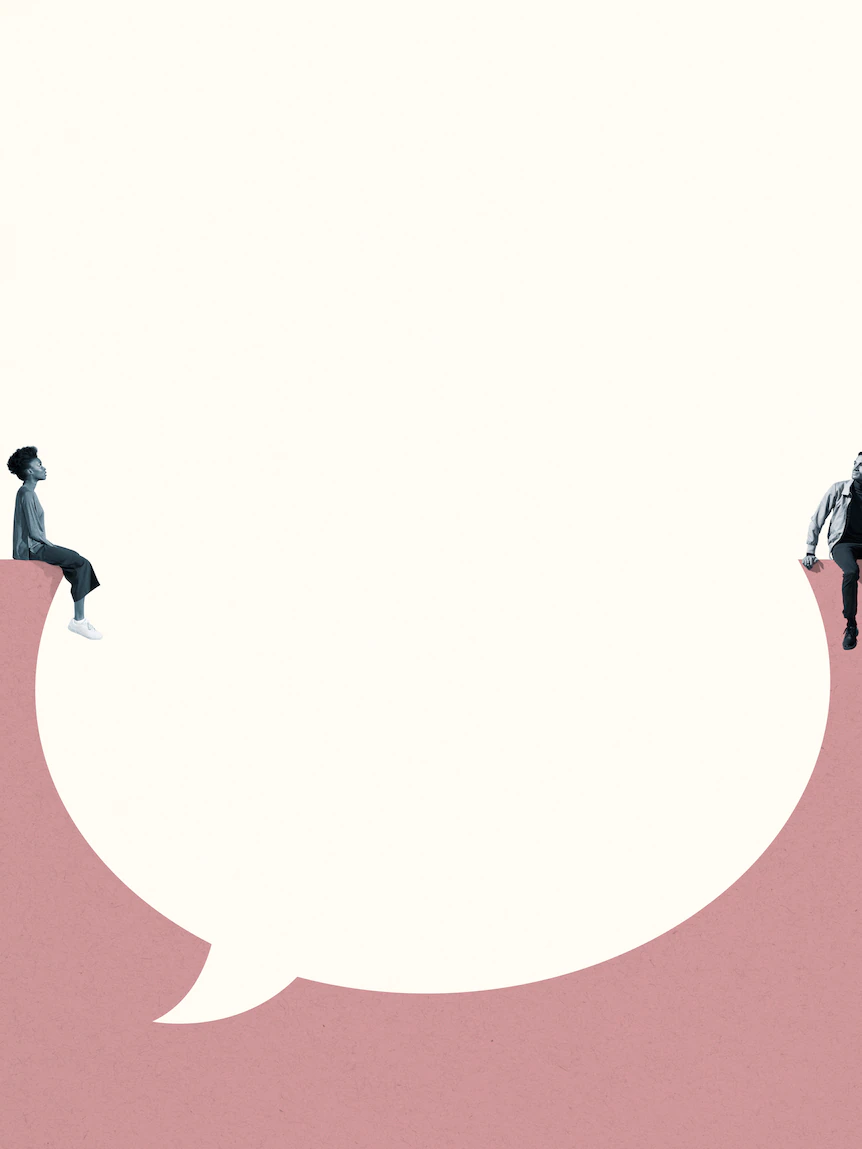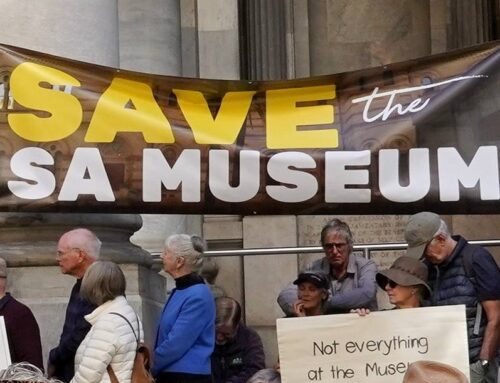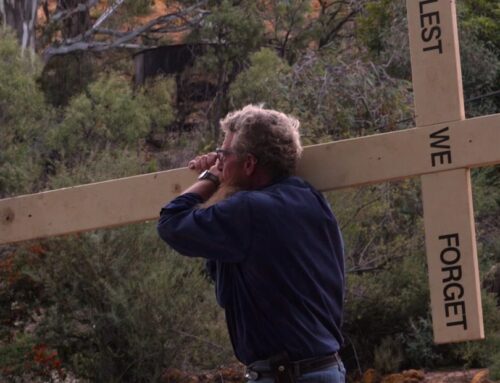Conversations about vaccination can be really hard, especially when you don’t see eye to eye with someone you love.
In Australia, the vast majority of people eligible for COVID-19 vaccination have received two doses, and it’s expected that 90 per cent of Australian adults will be fully vaccinated by mid-December.
But as restrictions are lifted and the holiday season approaches, many people are feeling unsure about how to talk to their unvaccinated family and friends — and what their vaccination status means for planning end-of-year events.
So what’s the best way to approach these tricky situations and conversations? We asked the experts.
Check the public health rules
When it comes to organising family or social events, vaccine communication expert Julie Leask said it was important to first check what public health measures were in place.
“So if you’re having a gathering at your place, are you going to be allowed to have people who are unvaccinated to your residence?” Professor Leask, a social scientist at the University of Sydney, told Coronacast.
If not, she recommends casually reaching out to everyone ahead of time to ask if they’ve been vaccinated, noting that there are restrictions in place about who can attend.
“It’s reasonable to ask … ‘I’m just checking to see if everyone is vaccinated, because we’ve got those rules right now’,” Professor Leask said.
“If someone is not, let them know: ‘While unfortunately it’s not possible to catch up in person at the moment, we do look forward to catching up when we can, and let’s keep in touch by phone.'”
Acknowledge how you feel
When there are no restrictions in place, it’s ultimately about what you (and the people attending your event) feel comfortable with. This can be a bit trickier to navigate.
“I think one of the most helpful things to do here is examine your motives,” Professor Leask said.
“For a lot of people, it’s going to be a bit of both.
“If we’re just annoyed, then I think it’s important to make an effort to understand why someone might not be vaccinating.”
Vaccination can be a highly charged issue because it touches on strong values, such as the protection of vulnerable people and social responsibility.
Immunisation expert Margie Danchin said it was normal to feel upset, confused or even angered by a loved one’s decision not to get vaccinated.
“Often there is this real judgement, and this real moral indignation,” said Dr Danchin, head of the vaccine uptake group at the Murdoch Children’s Research Institute.
But both Dr Danchin and Professor Leask said it was important to remember that preserving relationships was also important, and that vaccine risk wasn’t all or nothing.
“This is where I think people become very simplified in their thinking … as if all risk lies with the unvaccinated, and no risk lies with the vaccinated,” Professor Leask said.
“It’s not as clear-cut as that.”
Being fully vaccinated against COVID-19 reduces your risk of getting infected and of passing the virus on, but it doesn’t eliminate the risk entirely.
“That’s why we do need to have some nuance around this issue,” Professor Leask said.
“The overarching principle here is keeping the relationship, but also doing your best to protect others in a reasonable way.”
Assess the level of risk
When it comes to assessing the level of risk that you’re comfortable with, there are a few things to consider.
Firstly, how much COVID-19 is circulating in the community at the time?
If case numbers are high, as they have been in Melbourne recently, the risk of someone bringing COVID-19 to an event is increased.
Secondly, and perhaps most importantly, will there be any older people or people more vulnerable to serious disease in attendance?
“Are there people who even though they’re fully vaccinated, might be at risk of getting COVID and getting really sick from it?” Professor Leask said.
Research suggests adults over 65 and people who are immunocompromised are more at risk of serious disease from a breakthrough infection. Booster vaccines help to enhance their protection.
“It’s also then thinking about what other measures we have available to mitigate risk,” Professor Leask said.
Hosting an event outdoors, for example, is a much safer option than gathering everyone together inside, where there is less ventilation.
“It’s also about people using hand hygiene, masks in some settings, and making sure we don’t come to any gathering — regardless of whether or not we’re vaccinated — if we have respiratory symptoms,” Professor Leask said.
If you have an unvaccinated person attending a family or social event, you may like to ask them to take a rapid test on the day of the event, or even a PCR test in the 24-48 hours beforehand.
“We don’t always have to have the hard mandate of ‘vaccinate or you’re out’. You can mitigate risks,” Professor Leask said.
(Rapid testing is something you might want to consider even if all your guests are vaccinated and you have a vulnerable family member or friend coming along.)
Dr Danchin said if you decide the risk of an unvaccinated person attending your event is too great, it’s important to have the conversation with them in advance.
“I would encourage people to say: ‘I respect your decision … but this is my decision, and this is what I feel comfortable with in my home’,” she said.
“[They] don’t need to be treated with anger and judgement.”
Aim for compassion and respect
While it’s normal to feel frustrated or upset when you think someone is misinformed, lecturing people or putting them down usually doesn’t change their mind.
Throughout the pandemic, health experts have cautioned people against making assumptions about others’ beliefs.
“People who don’t vaccinate often don’t identify as being anti-vax, and they’re at pains to say how they support vaccines in general, but they have particular concerns about the COVID vaccines, or about their own susceptibility to side effects from the vaccine,” Professor Leask said.
It can be helpful to acknowledge people’s concerns, without necessarily validating them, she said.
“Some of these people actually just need a bit more time,” Professor Leask said.
“They need someone to sit down with them and address their concerns with respect and good quality information.
At a policy level, community level, and individual level, conversations need to be handled “delicately”, she said.
“If we can do that, and sometimes just give people enough time to address the concerns they have … then we can actually help them move to a point where they’re willing to consider [vaccination], or to even vaccinate.”
Space to play or pause, M to mute, left and right arrows to seek, up and down arrows for volume.
Loading form…





